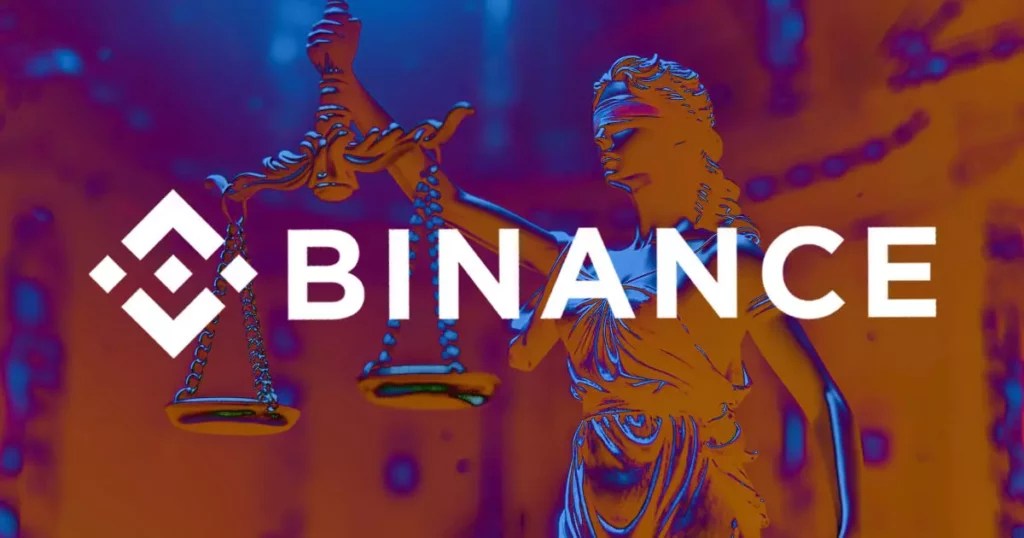The recent detention of Tigran Gambaryan, an executive at Binance, has raised concerns and drawn attention from the CEO, Richard Teng. Teng has spoken out against the unjust treatment of Gambaryan, emphasizing that his detention sets a dangerous precedent for companies globally. Gambaryan, a US citizen overseeing Binance’s financial crime compliance department, was apprehended alongside Nadeem Anjarwalla, the regional manager for Africa, upon their arrival in Nigeria’s capital, Abuja, on Feb. 26.
Teng highlighted that Gambaryan was not in Nigeria to make decisions or negotiate but rather to provide expertise on financial crime and capacity building in policy discussions. He accused the Nigerian government of detaining Gambaryan as a means to control the operations of Binance. Teng urged Nigeria to release Gambaryan so he could reunite with his family, emphasizing that Binance has cooperated voluntarily with Nigerian law enforcement over 600 times in the past.
The situation took a darker turn when it was revealed that Binance had received demands for a significant payment in cryptocurrency from individuals claiming to represent Nigeria’s House Committee on Financial Crimes. The exact amount requested was not disclosed by Teng, but reports from The New York Times suggested that a bribe of around $150 million in crypto was solicited from Gambaryan by a government associate.
The detention of Gambaryan and the subsequent allegations of corruption have far-reaching implications for businesses operating in Nigeria and beyond. The arbitrary detainment of a foreign executive and the demand for a hefty bribe underscore the challenges faced by companies navigating the regulatory and legal landscape in certain jurisdictions. The situation serves as a cautionary tale for multinational corporations engaging in business activities in regions with opaque governance structures.
As the outcry for the release of Tigran Gambaryan grows louder, the spotlight remains on the actions of the Nigerian government and the implications for international businesses. The case highlights the importance of transparency, fair treatment, and ethical business practices in fostering trust and cooperation between governments and corporations. It also underscores the need for companies to remain vigilant and proactive in addressing potential risks and challenges when operating in complex regulatory environments.


















Leave a Reply